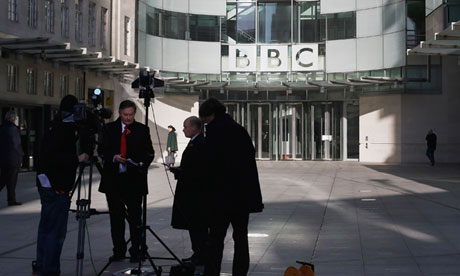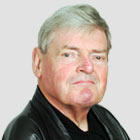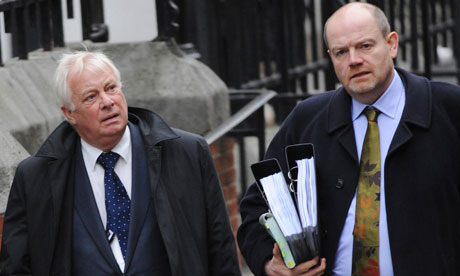Useful example of one of Chomsky's 'five filters' at work as it shows this is as true of new media as it is of dinosaur media (60s Times, NoTW closure, Telegraph HSBC non-reporting)
Just as with the case of the Daily Telegraph's Peter Oborne quitting in protest at articles critical of HSBC bank being pulled to protect advertising revenue, so we have another case which shows how the fabled free press is actually heavily influenced by advertisers and commercial considerations (so Murdoch pulled the BBC off his Asian satellite TV network Star and pulped the hardcover [expensive!] copies of Hong Kong Governor Chris Patten's autobiography when China complained, safeguarding his access to the huge Chinese market, and ensuring Tiananmen Square would get no mention, and critics of Chinese Communist rule were silenced).
Perhaps this case isn't as clear though - there are ethical considerations (though, as with the UK press using the public interest defence this may be simply convenient to mask the real commercial calculation?):
Gawker Media’s top two editors resigned from the news and gossip site on Monday, in response to the company’s decision to remove a controversial post. The post, published last Thursday, concerned a publishing executive who is married to a woman and who allegedly attempted to book a gay escort.
The post was described by some critics as a form of blackmail and widely condemned in the media. At least one advertiser put ads on hold in protest....Gawker’s founder Nick Denton defended his decision to take down the post on Monday and said that the managing partnership should not make editorial decisions. He took full responsibility for the removal of the post.
“Let me be clear. This was a decision I made as founder and publisher – and guardian of the company mission – and the majority supported me in that decision,” he said. “This is the company I built. I was ashamed to have my name and Gawker’s associated with a story on the private life of a closeted gay man who some felt had done nothing to warrant the attention.”



